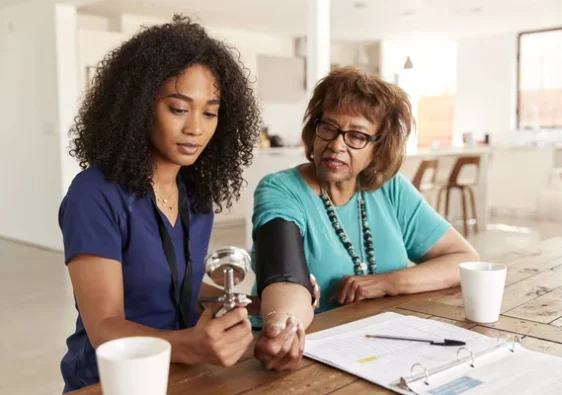If you have been diagnosed with cancer, it can feel like the world is against you. You wonder if there is anything that can help your condition or prolong your life. The good news is that many treatments are available for people with cancer. Depending on your cancer type and other factors, your treatment options may also vary. But that doesn’t make exploring them any easier. Read on to learn more about how to find the best possible treatment option for your particular cancer situation.
Talk to Your Doctor About Treatment Options
If you have been diagnosed with cancer, one of the best things you can do is talk to your doctor. This can help you navigate the treatment options and identify what might work best for you. Your doctor may be able to recommend available treatment options, such as lifestyle changes and medications. Or they may suggest a more specific type of oncology care, such as a clinical trial. If so, you will want to see if the trial is open to new participants.
Find Other People Who Have Been Treated for the Same Type of Cancer
Although finding your best treatment option is a big step, but it can also be overwhelming. It can be helpful to talk with people who have been through the same treatment process as you. You may be surprised by how similar your experiences were to those of others who have been through the same thing. This can help lower your anxiety and help you understand what is happening to you.
Research Clinical Trials
If your doctor suggests a treatment option that involves participating in a clinical trial, it is a good idea to learn more about it. Clinical trials are research studies that test the safety and effectiveness of new medical treatments. Clinical trials may involve participants who have, or are suspected to have, a certain type of cancer. These trials may involve treatment with medications, surgery, radiation, or some other type of intervention.
Confirm Which Treatments Will Work for You
Once you know what treatment options might be best for you, it is important to confirm they will work. This can help reduce any significant treatment-related risks. It may also help you feel more confident about the decision to undergo treatment. Confirming a treatment’s effectiveness can help supplement more generalized treatment-related benefits. Things you may want to consider before confirming a treatment’s effectiveness include the following: – Is the treatment FDA-approved? – What is its efficacy rate? – Is it invasive? – What are the potential side effects? – Is it approved for your specific cancer? – Is there a clinical trial that you can join? – Is there a clinical trial that is right for you? – How long will it take to see results? – How long will you have to be treated? – Are there any alternative treatments?
Bottom line
Finding the right treatment can be a major challenge. But with a little effort, you can make it much easier. Start by monitoring your symptoms and those of your loved ones. If you notice any unusual symptoms, it may be a good idea if you see a doctor and discuss your concerns. Next, talk to your doctor about treatment options and find other people who have been through the same process as you. Research clinical trials to confirm which treatments will work for you and confirm which treatments will work for you. And lastly, confirm the effectiveness of each treatment option you consider. Together, these steps can make the process of finding your best treatment option much easier.



